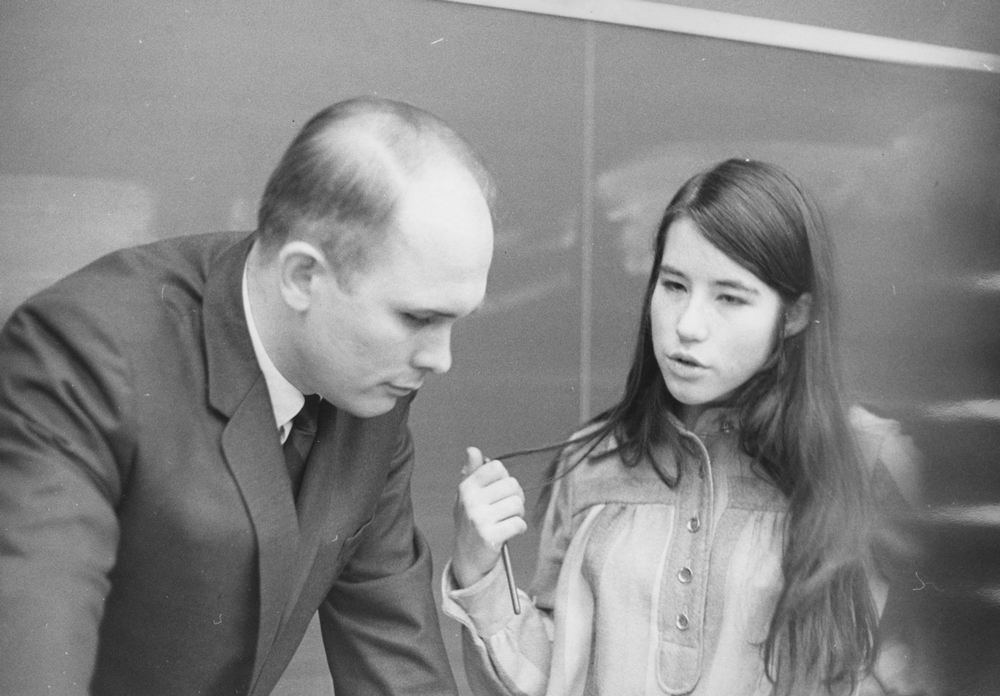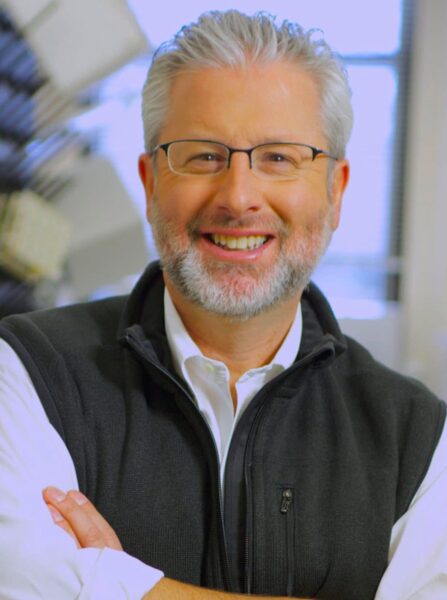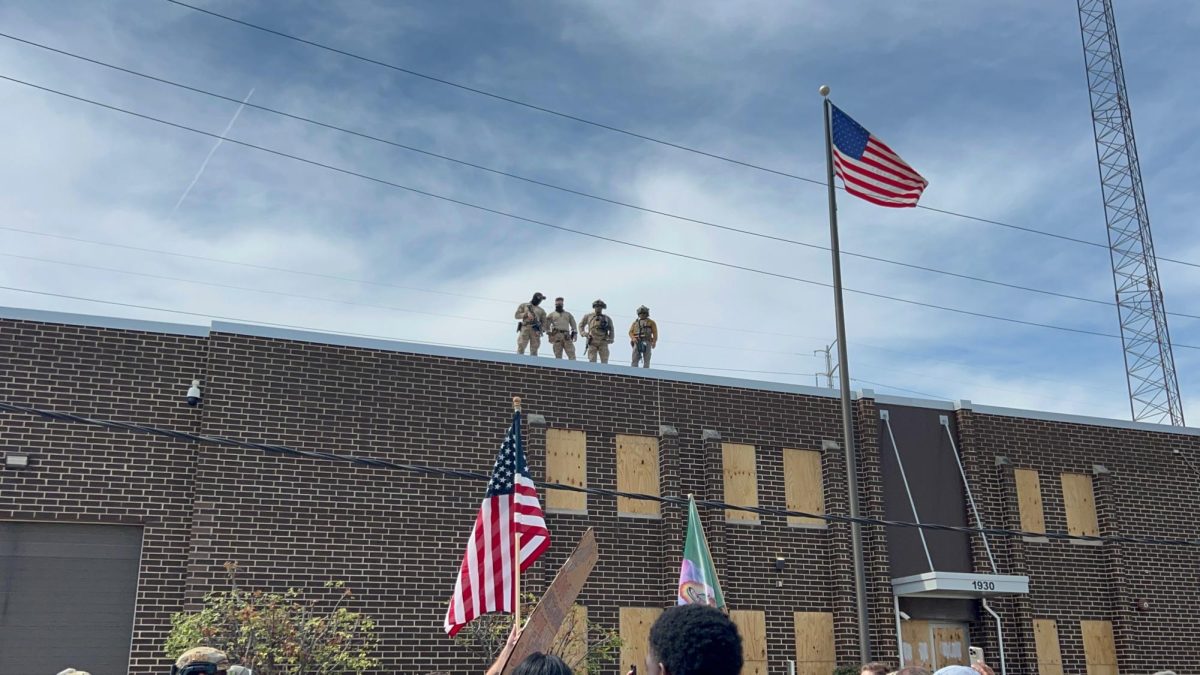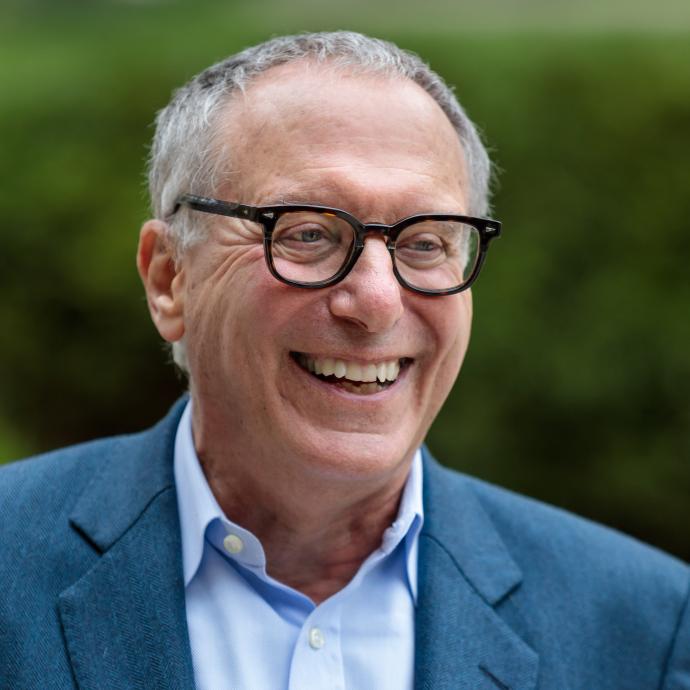The University’s Model United Nations Team tied for 2nd place out of 50 schools last weekend at Model UN Conference at the University of Pennsylvania (UPMUNC).
The University team tied with West Point for 2nd place, and the UPMUNC committee chairs gave the “Best Delegate” awards to David Clayman and Koh Kim, both first-years in the College, and Peter Bartoszek, a second-year in the College.
M. Yasser Ghanchi, the team’s president and a third-year in the College, won an Outstanding Delegate award. Dan Michaeli, a first year, and Tom Rosen, a fourth year, both won Honorable Mentions.
The Yale delegation came in first place.
The MUN team’s success at UPenn follows on the heels of its 3rd place finish at Yale’s conference in late October. Team members say these successes are especially significant because the program has had a few difficult years.
“Our team was once number one without question,” said David Siffert, the team’s vice president, who said that the MUN team won Harvard’s conference for ten straight years. “Unfortunately, due to a few internal problems, we went through a pretty serious draught recently. We have not placed this high in two separate conferences in one year in a long time.”
Ghanchi agreed, saying that the team has not had a string of successes like this in three or four years.
Team members say their successes at Yale and UPenn indicate that the Chicago team is reclaiming its reputation on the Model UN circuit. “We’ve had a rough couple of years, but this year the team has firmly established itself as among the top three in the country, and I can confidently say that we will regain our number one spot very soon,” Ghanchi said.
Bartosezk said he has an idea of why Chicago’s squad has fared so well this year. “The team has talented leadership and a core of young debaters who are willing to work hard in order to bring back the fabled luster of Chicago Model UN,” he said.
The first years on the team are no less enthusiastic. “With such dedicated members, I promise you that Chicago will be the team to beat this year,” Kim said.
While appreciative of the University’s efforts to provide funding for their program, members of the MUN team pointed out that they are probably “the only top team that has their delegates help pay for the fees associated with attending the conferences,” Kim said.
Ghanchi speculated that the team’s success on the Model UN circuit may have an impact on the University’s reputation as a whole among its peer institutions. “All fifty delegations at Penn this year were judging our University by how well [the team] did.”
Ghanchi said that he thinks the team represented the University well. He also pointed out that the University won more individual awards than Stanford,
Princeton, Columbia, Johns Hopkins, and the Air Force Academy combined.
Some members of the Model UN team said that the activity provides participants with many practical skills. “I definitely think Model UN’s emphasis on interpersonal skills and politicking is particularly valuable at a school like U of C, where the widespread belief seems to be that the most important thing of all is to be right,” Michaeli joked.
Siffert, who served on a committee that simulated the United States’ National Security Council, said that that one of the most interesting parts of the conference involved a crisis among North Korea, South Korea, and the U.S. It ended in nuclear war and the destruction of Pyongyang, Tokyo, Seoul, Hiroshima, and Los Angeles.
“We just hope that the people who served on the Model US National Security Council don’t end up on the real National Security Council,” Ghanchi joked.








